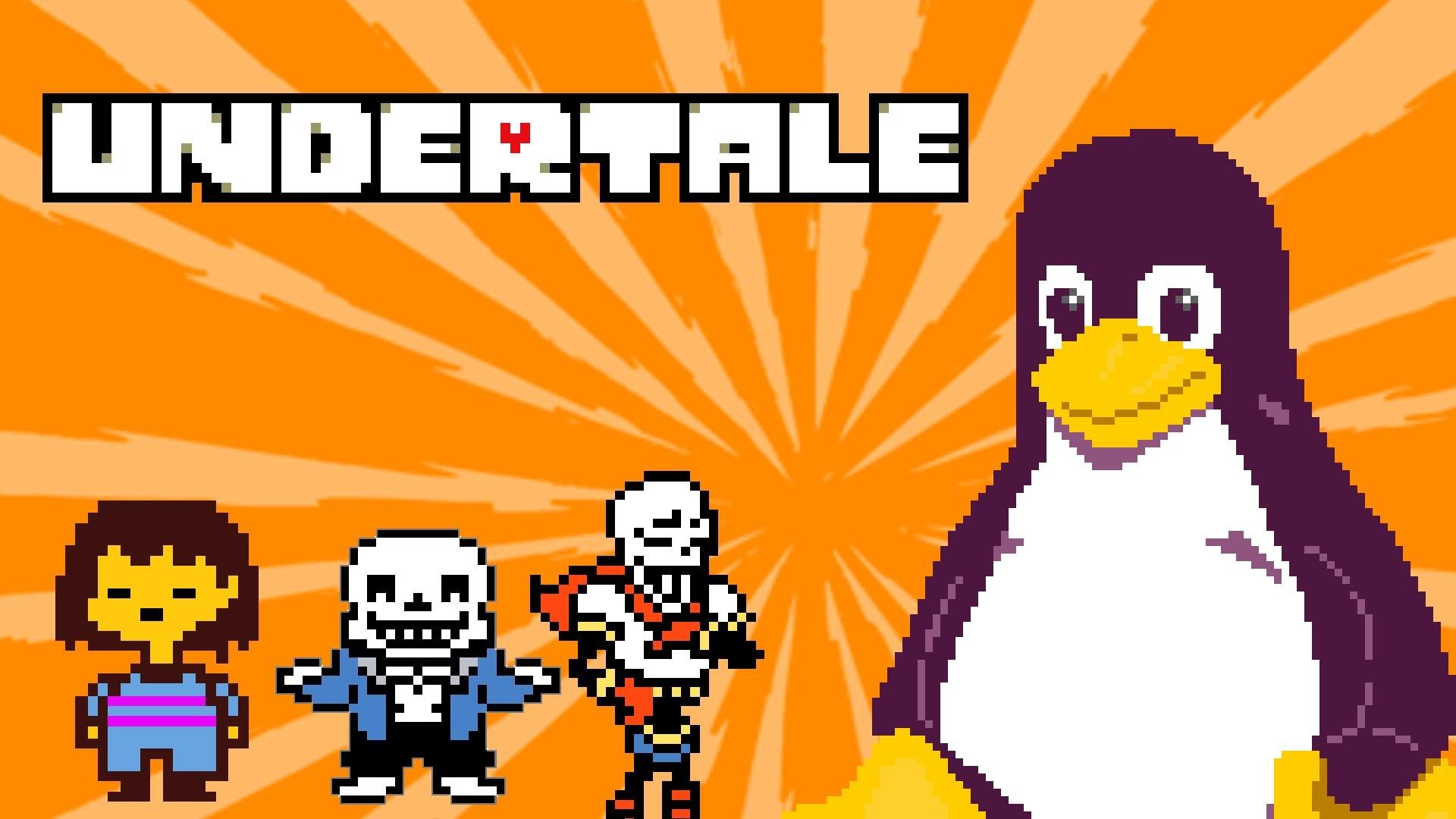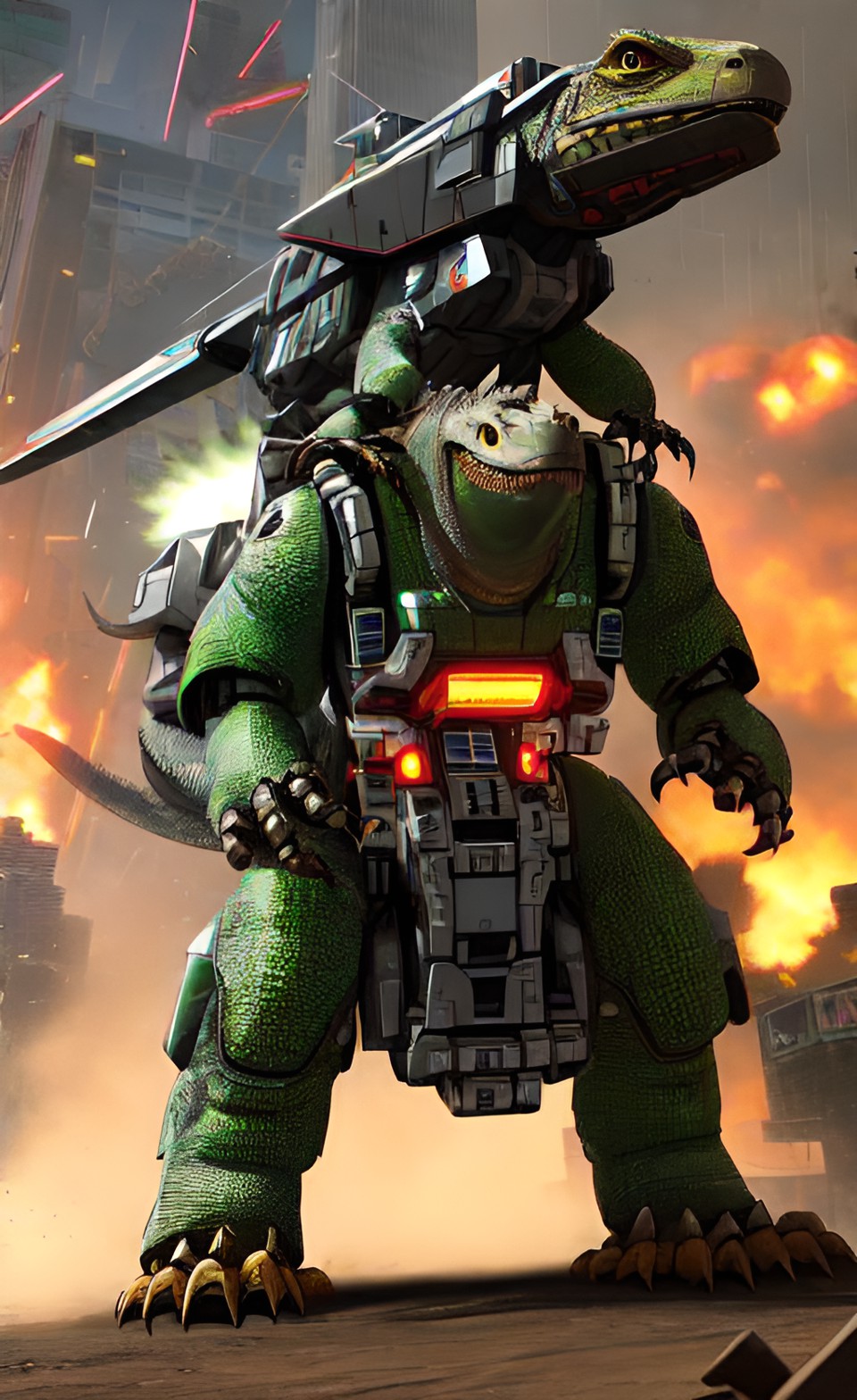- cross-posted to:
- linux@programming.dev
- cross-posted to:
- linux@programming.dev
DRM = Direct Rendering Manager, in case anyone else was thinking Digital Rights Management…
Yea we need to say it all the time.
Digital Radio Mondiale enthusiasts: First time?
On the one hand, that is cool as fuck.
Unfortunately though, I’ve been fortunate in that I’ve been using Linux for 16 years and never experienced a panic screen, so I probably won’t get to see Tux :/
Delete /etc to make your system faster. /s Also, obligatory warning to NEVER DO THIS for anyone new to Linux.
Would this even cause a kernel panic? I think this just causes a userland “panic”
Idk, you’re probably right.
Yeah ‘etc’ of course stands for ‘et cetera’ which implies that’s all just a bunch of extra shit, right?
What does it stand for?
etcetera lol
For destructive commands I much prefer
find / -type f -exec mv {} /blackhole \;Idea: Create alias for /dev/null as /blackhole
That won’t cause a kernel panic
maybe on some public displays,
but those surely wont update to such a new kernel for a long time
This is making me realize that I have never encountered this equivalent of a blue screen of death on Linux.
It’s very new. Previously the system would just drop to a console with a message saying “Kernel panic: not syncing: [reason]” and a whole bunch of debug info.
But still, on a well-maintained system, that pretty much never happens. Mainly because Linux is significantly more resilient to faults in device drivers than Windows.
Begs the question what’s the point in all of this? In 20 or so years of using Linux (usually maintaining multiple systems at once) I’ve had a kernel panic maybe about 4 times for different reasons, and on those occasions the console debug info was fine. I don’t really understand the excitement around making error messages look more like Windows. It can’t be around being more newbie friendly since if you’re having kernel panics you probably need to be an expert or have expert advice anyway.
funy pengin
I guess it will make developers who develop the kernel and its components go “hehe fat penguin anyway let’s continue debugging this mess”
Removed by mod
even on a less well-maintained system it’s probably not going to be the kernel having a freakout, the kernel is going to be just fine while something else shits itself (probably graphics drivers on a desktop tbh, my vega 10 loves to vomit onto the screen and pass out)
Linux is monolithic so it breaks when a kernel module fails. It can sometimes recover but sometimes the system is in such a bad state a panic is triggered to protect against further issues.
DJ Khaled: Suffering from success
ive seen it a few times on those screens that buses here have, that shows the next stations on the route.
but never on any of my computers
(im refering to those old ‘kernel panic’ messages)
Yeah I have constant crashes back to login screen but never have I seen a kernel panic except before a system boots. Mm a few exceptions
Last time I saw kernel panic I was on 2.6. I don’t think I’ll ever see him. :(
You can install beta NVIDIA drivers with Optimus on A laptop and you’ll be able to see the fat Tux!
It’s also been decades since I saw one. I think only people that tinker with kernel code get to see it nowadays.
Hes not fat hes a rotund penguin on his way to mate!
It’s just the regular penguin. Clickbait!!!1!!

Hell yeah now Linux and I both will panic in style
Not fat tux, huggable tux.
I have seen a kernel panic once, when I was failing to set up a raspberry pi (the SD card installer was corrupted).
So while this is super cool, I honestly don’t think I’ll ever see it
This is the best summary I could come up with:
The DRM Panic handler in Linux 6.10 that is used for presenting a visual error message in case of kernel panics and similar when CONFIG_VT is disabled continues seeing new features.
With Linux 6.11, the DRM Panic display can now handle monochrome logos.
With the code in Linux 6.10 when DRM Panic is triggered, an ASCII art version of Linux’s mascot, Tux the penguin, is rendered as part of the display.
If ASCII art on error messages doesn’t satisfy your tastes in 2024+, the DRM Panic code will be able to support a monochrome graphical logo that leverages the Linux kernel’s boot-up logo support.
This monochrome logo support in the DRM Panic handler was sent out as part of this week’s drm-misc-next pull request ahead of the Linux 6.11 merge window in July.
This week’s drm-misc-next material also includes TTM memory management improvements, various fixes to the smaller Direct Rendering Manager drivers, and also the previously talked about monochrome TV support for the Raspberry Pi.
The original article contains 237 words, the summary contains 165 words. Saved 30%. I’m a bot and I’m open source!
Let’s make a patch that does animations too for good measure 🤣
deleted by creator














